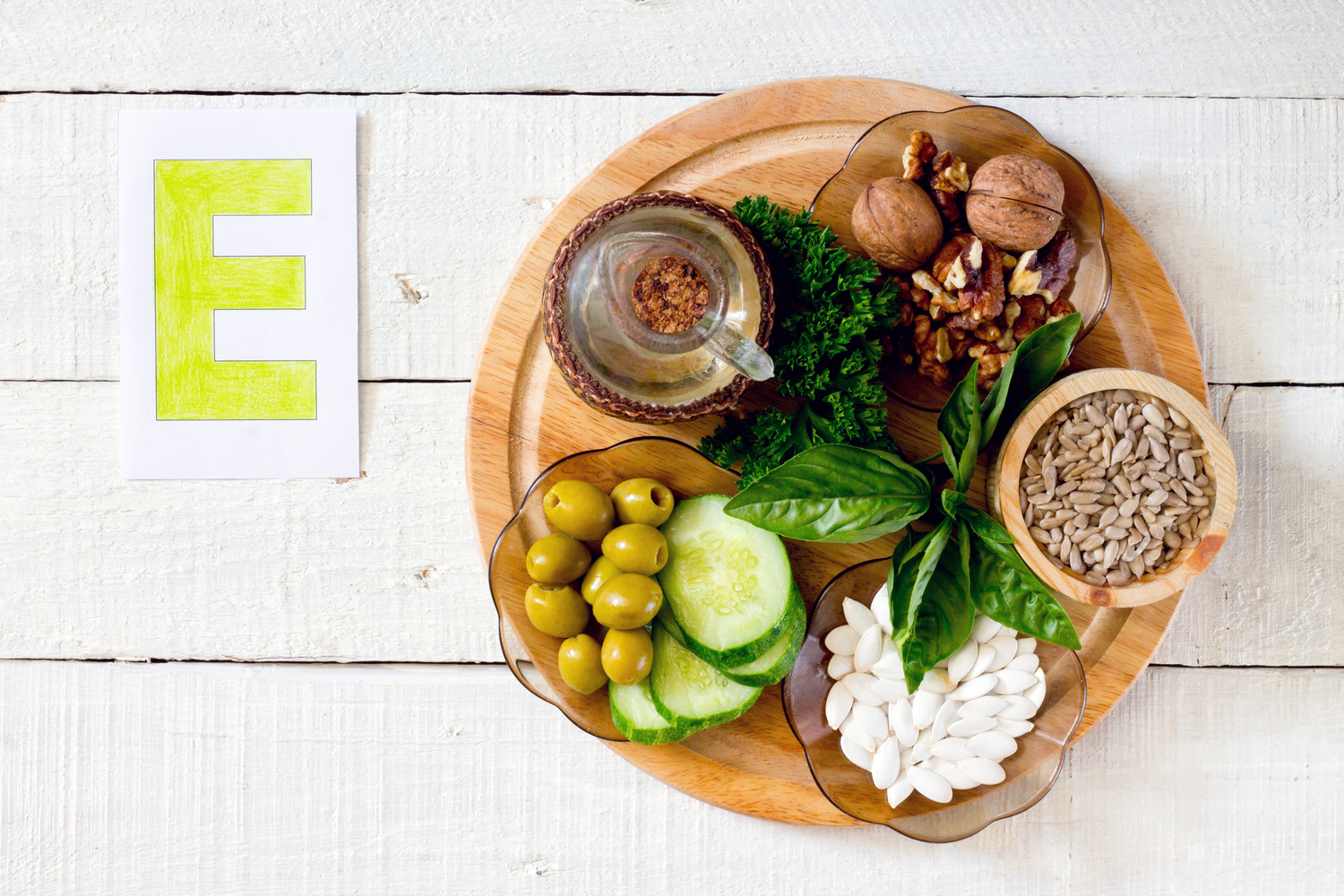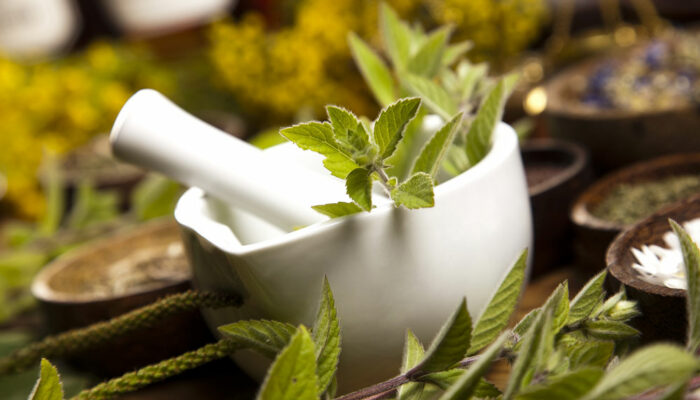
Natural Home Remedies for Gout
If you suffer from gout, you know just how irritating and painful this condition can be. In fact, gout can even be disabling for some individuals. In addition to causing pain, gout also causes redness, stiffness of joints, swelling, and warmth. The illness is caused by the build up of a substance called urate in the joints, and there are several risk factors for the disease. People who have kidney problems, who are obese, consume large amounts of meat and seafood, are over 50, have heart disease, or take certain medications are more prone to gout.
In addition, certain foods may help reduce the risk of gout, and for patients help alleviate certain symptoms:
1. Avoid alcohol
Alcohol is one of the most common triggers of gout, and avoiding it entirely or significantly reducing your intake can be a highly effective way to prevent it. If you wish to drink in moderation, limit your intake to one or two drinks per night, and do not drink during flare-ups.
2. Try cherry juice
Tart cherry juice can help to improve the health of your kidneys, and this will make it easier for your body to get rid of uric acid. It’s best to drink around 8 ounces of this beverage, and studies have shown that this is beneficial for gout sufferers.
3. Take tumeric
The curcumin in turmeric can lower the amount of uric acid in the body, and this can reduce the symptoms of gout. In addition, there are compounds in the spice that have anti-inflammatory properties that can benefit gout sufferers. In addition, many patients have found that it can have pain relieving properties, and it can protect the GI tract from the side effects of OTC pain medications.
4. Eat anti-inflammatory foods
Also, some foods that have a high level of alkalinity can be beneficial when it comes to reducing gout-related inflammation. Some examples of these foods are sea vegetables, celery, carrots, sprouted almonds, and dark lettuce. Also, eating blueberries each day may help to reduce inflammation, according to a recent study on people who ate the fruit.
5. Choose the right protein
Red meats and meats with a lot of fat should be avoided or consumed only occasionally, and you should choose poultry and fish as sources of protein instead. Furthermore, you should get plant based proteins as well from nuts, legumes, seeds, soybeans, and soy milk.




